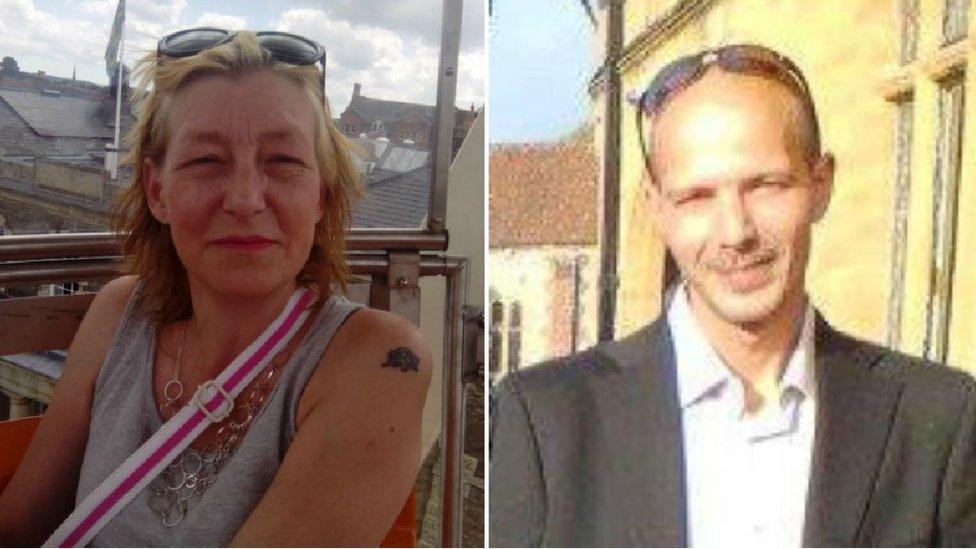Amesbury: Novichok death increases pressure on investigators
- Published
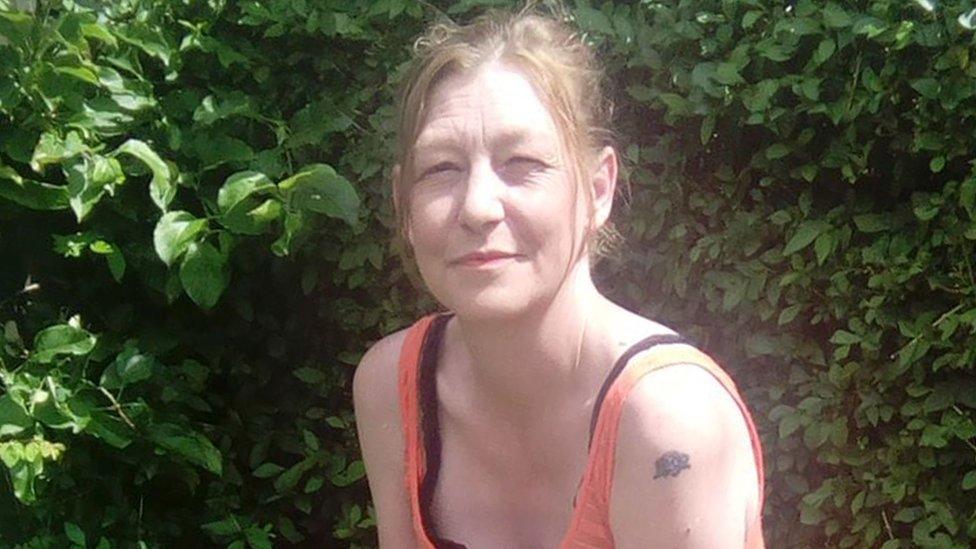
Dawn Sturgess died on Sunday evening after falling ill in Amesbury
The death of Dawn Sturgess may not significantly change the mechanics of the Amesbury poisoning police investigation - but it will increase the pressure surrounding it.
About 100 detectives are already working round the clock to try to establish how Ms Sturgess and Charlie Rowley were contaminated by the nerve agent Novichok.
Swabs taken from them in hospital revealed the highest level of contamination on their hands, leading to the theory they picked something up.
It may well be that it was Ms Sturgess who came into first contact and Mr Rowley received secondary contamination from her, but that remains to be confirmed.
The priority now is working out what that item was and where it is now. This has been slow going for practical reasons.
Investigators need to work in heavy hazmat suits in intense heat to go through the various locations looking for an item which might be tiny. They do not even know what it could look like.
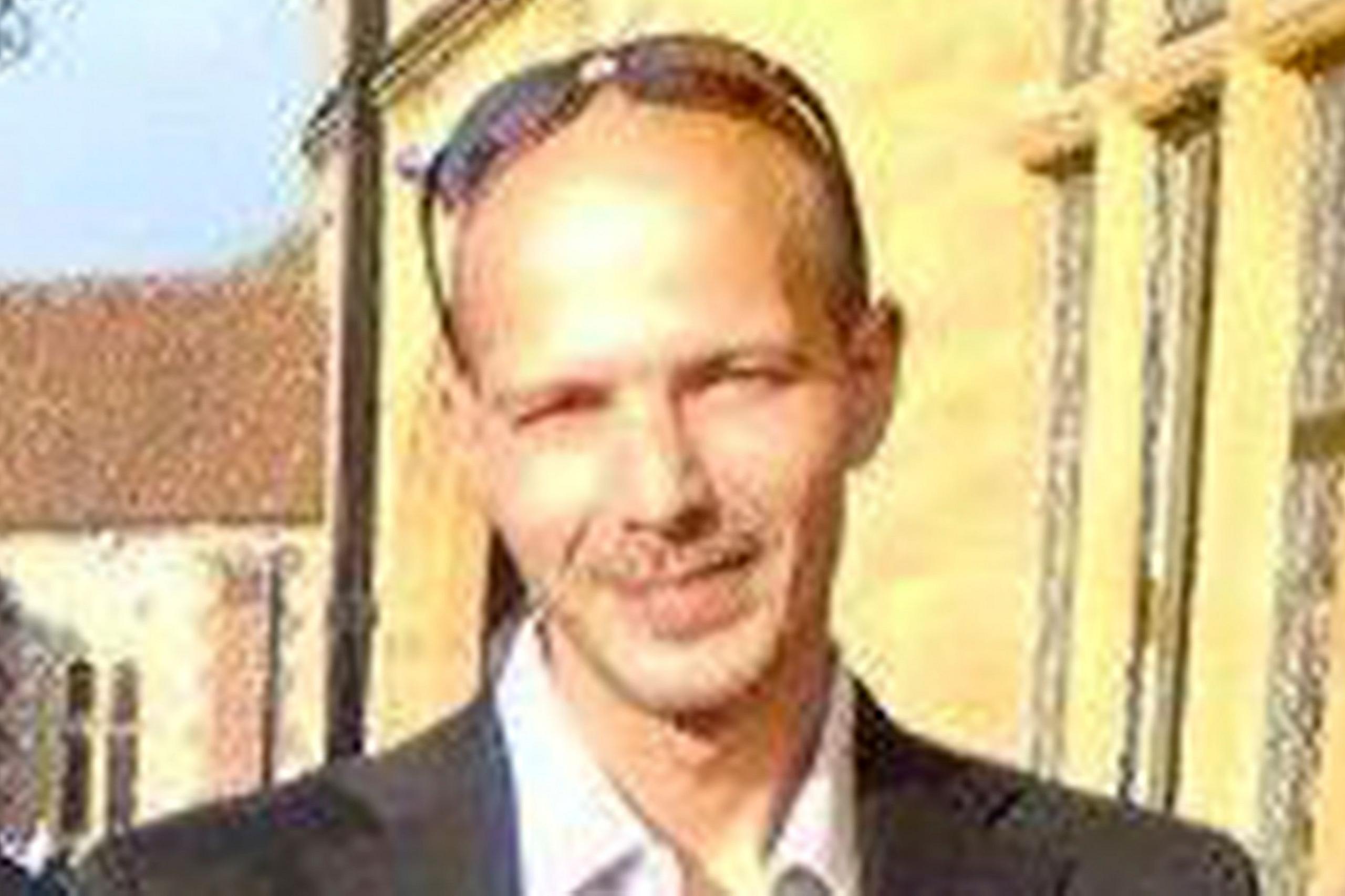
Charlie Rowley remains in a critical condition in hospital
It could be some kind of syringe or small glass container but could look like an everyday item like a perfume bottle.
Finding it will be crucial on a number of levels.
Firstly, for allaying fears over public safety. It would allow local residents to have greater confidence that there is not still something lying around which could lead to others falling ill.
It could also be a crucial clue in the Skripal investigation.
So far, officials have been careful to not say definitively that the two poisonings are connected.
They cannot absolutely rule out this is a separate case even though there is no reason Mr Rowley and Ms Sturgess would be targeted in the way the Skripals were - and the close proximity between the two cases clearly points to something having been left behind from the first.
Finding the item might allow tests to be carried out at Porton Down to see if it is possible to establish that the Amesbury case is not just the result of the same nerve agent - Novichok - but the same specific batch used against the Skripals.
In the case of the Skripals, officials quickly pointed the finger at Russia. That was because a Russian-developed nerve agent had been used against a man considered to be a traitor by Russian intelligence.
Further intelligence - including Russia having allegedly tested using nerve agent on door handles, which is how the Skripals are believed to have been poisoned - backed up that argument.
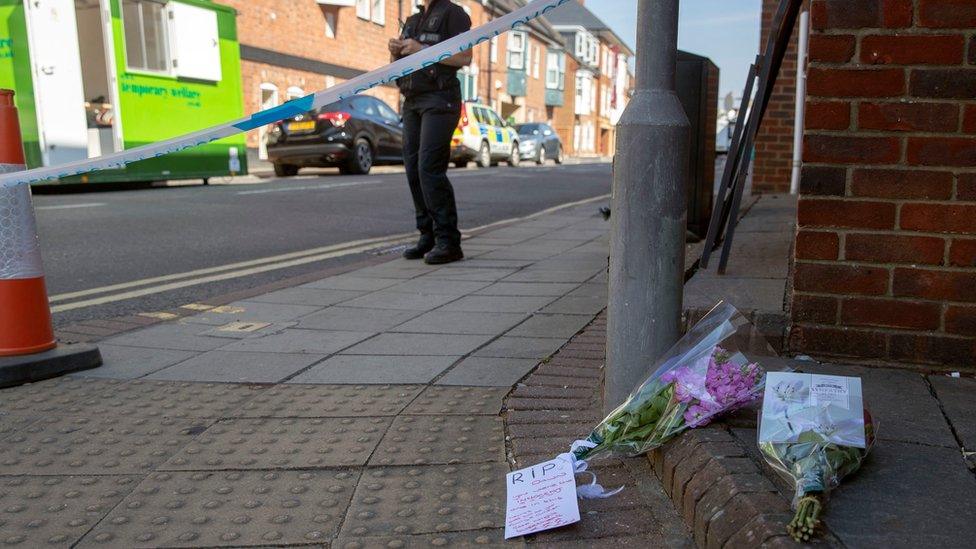
Tributes have been left to Ms Sturgess, who was a mother of three
So far, the government has been cautious about going full-throttle in its attack on Russia.
The language has pointed that way - for instance, the home secretary accusing Russia of using the UK as a "dumping ground".
Hard evidence may allow them to go further in making the case or they may rely on an intelligence assessment of the type used in the Skripal case.
The question for officials is whether they want to be more direct in their challenge to Russia now Ms Sturgess has died and anger is growing, or whether they will still wait to collect more evidence.
The context is complicated in coming days in particular, with not just Brexit but also a NATO summit and meetings between the US President and Vladimir Putin to contend with.
Questions raised
This could make raising the temperature more difficult than usual. The Kremlin has already said any finger pointing towards it would be "absurd".
The death of Ms Sturgess may also raise questions about the response closer to home.
In the case of the Skripals, they were discovered on the afternoon of 4 March but the first call went into Porton Down laboratories in the early hours of 5 March, with a team deployed hours after that.
Two days later, three days after the attack, the police confirmed the use of nerve agent.
In the Amesbury case, Ms Sturgess was taken by ambulance on Saturday morning to hospital.
Some of the symptoms suffered by her and Mr Rowley were similar to the Skripals, but the initial assumption was that they were suffering from some kind of drug overdose or contamination.
The first tests suggesting a possible nerve agent were only on the Monday, with final confirmation the following Wednesday.
Whatever the case, her death will now mean that - four months after the attack on the Skripals - the Novichok nerve agent has claimed its first victim.
- Published9 July 2018
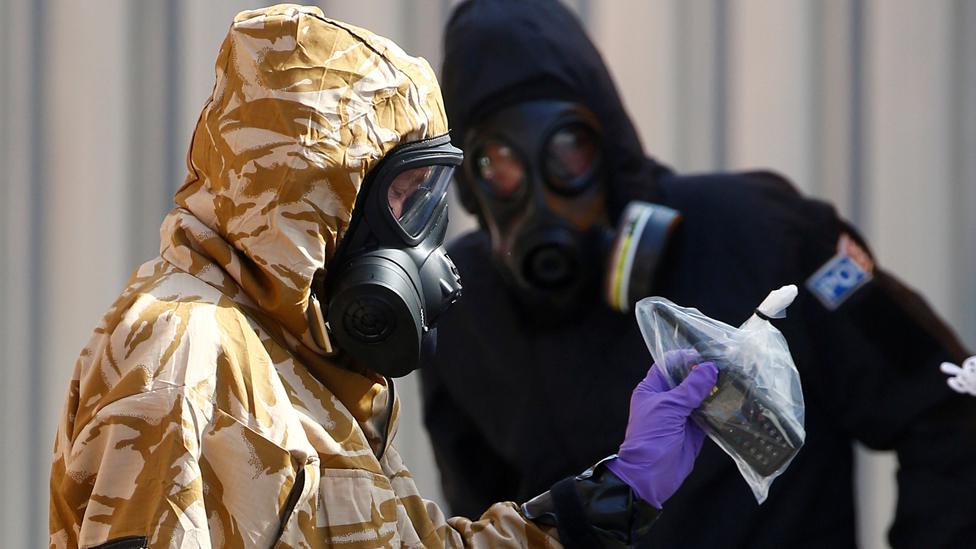
- Published2 August 2018
